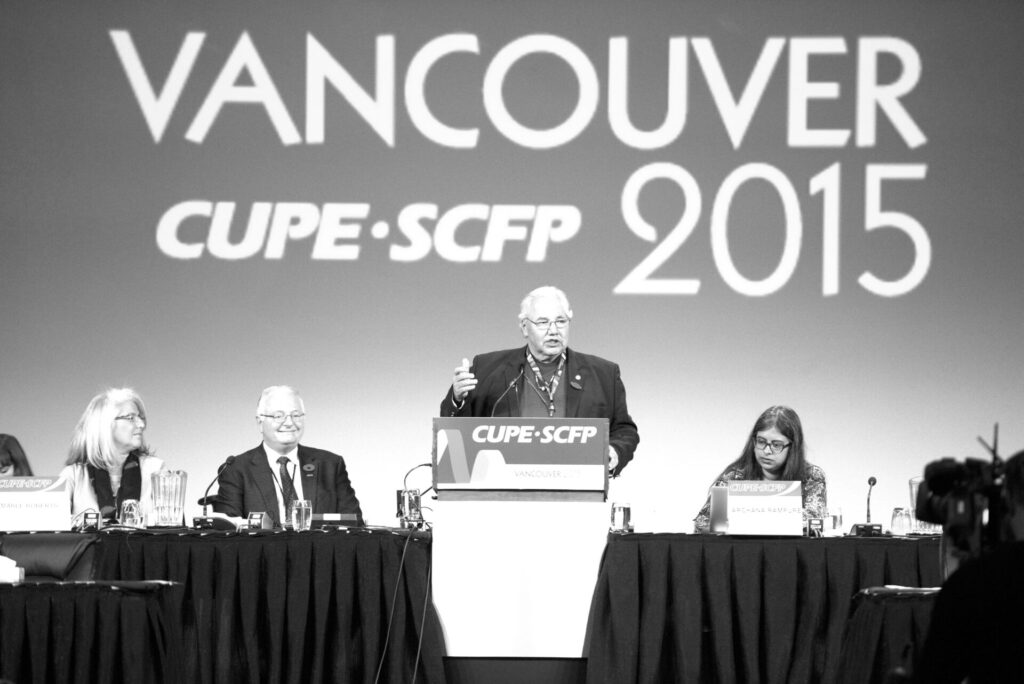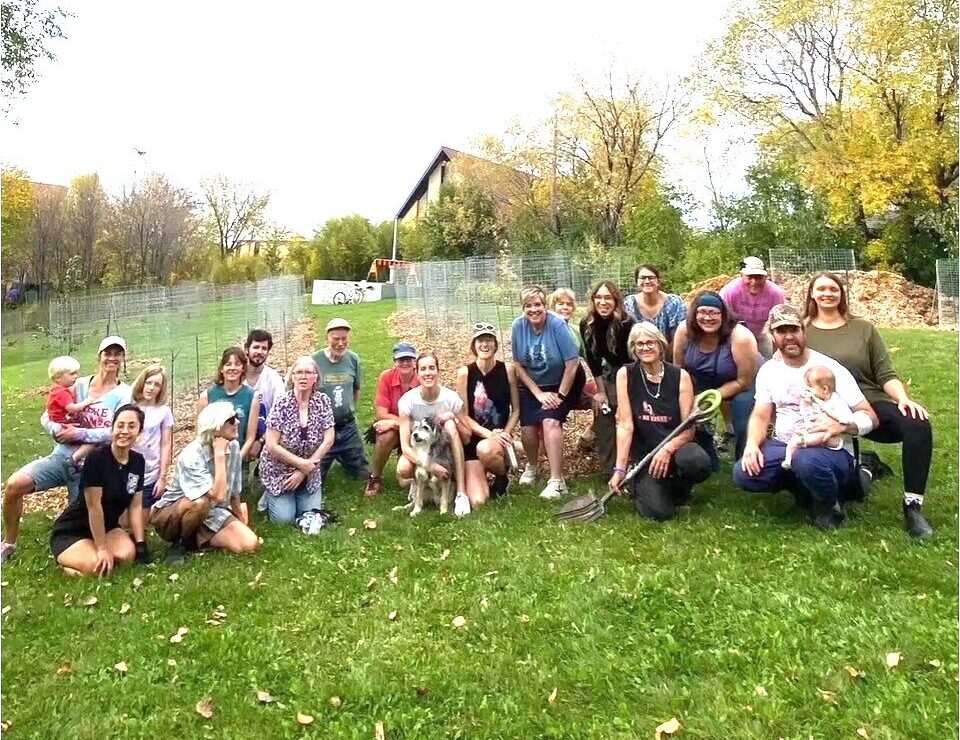The passing of the Honourable Murray Sinclair early last month saw an outpouring of love and affection for this most consequential citizen, whose impact on our community and our nation will be felt for generations.
I was just about finished his recently published book, “Who We Are – Four Questions for a Life and a Nation”, when he passed. The book is two books, within one. First there is his life story in his own words, followed by excerpts from the Report of the Truth and Reconciliation Commission that he chaired.
He frames his life story around the four questions I first heard him speak of in November 2015, one month before his commission reported. He was the last keynote speaker I introduced to CUPE’s National Convention, in Vancouver, prior to my retirement, at the end of that convention. The four questions are:
Where do I come from?
Where am I going?
Why am I here?
Who am I?
In his book, Sinclair frames the four questions around his life as an Anishinaabe person. The questions indeed are worthy of contemplation by all of us, and yes, by our nation, not to mention our unions, our churches, indeed any organization wanting to effectively serve others.
In the days after Justice Sinclair’s passing, I attended the sacred fire which burned for four days in his honour on the grounds of the Manitoba legislature. The teepee which housed the sacred fire was ironically on the same spot where the statue of Queen Victoria sat until July 1st, 2022.
During this period, I also listened with care to the many tributes offered up in memory of Justice Sinclair. Premier Wab Kinew spoke of his role in administering the oath of office to him and his entire cabinet, in October 2023, where he called the election, “Manitoba’s true act of reconciliation.”
I searched for that ceremony and found these words on leadership as spoken by Justice Sinclair that day:
“Leadership in an important part of what drives a community. Leadership is about how we treat each other and show the way for each other, and in order to be a good leader you have to love the people. You have to learn to love the people even when they do not love you, because a good leader will learn to accept that as part of the leadership role.”
On Sunday, November 10th I attended the public memorial service held in Sinclair’s honour at the Bell / MTS Centre. It was a tasteful and powerful ceremony in honour of a great citizen. It was also a great learning experience thanks in large part to the very able emceeing of the event by his son, Niigaan Sinclair.
We learned that in accordance with tradition that
Sinclair would be forever known by his Anishinaabe name, Mazina Giizhik-iban, which means “one who speaks of pictures in the sky,” iban indicates that he is now an
ancestor.
Of his many gifts to Canada, perhaps the most significant was his educating us on the truth about residential schools, about our history, that for so many decades was covered up and denied.
It was Sinclair who said, “Education holds the key to reconciliation. Education got us into this mess, it will be education that will get us out of it.”
Throughout the memorial service we heard much about reconciliation. So much so that upon returning home I turned to Sinclair’s book where he said, “We will never achieve reconciliation without self-respect. Reconciliation is about mutual respect…For Canadians from all walks of life, reconciliation offers a new way of living together.”
The book also reveals Sinclair the poet, here too he teaches, as this short example show.
I was not born to die.
Like everyone else, I will
But I was not born to die.
I was given life for a reason.
…to do something with it.
I know I have a purpose.
And it is not just to die.
It is to do something with this life
Before I die.
Just like you.
Rest peacefully Mazina Giizhik-iban.


